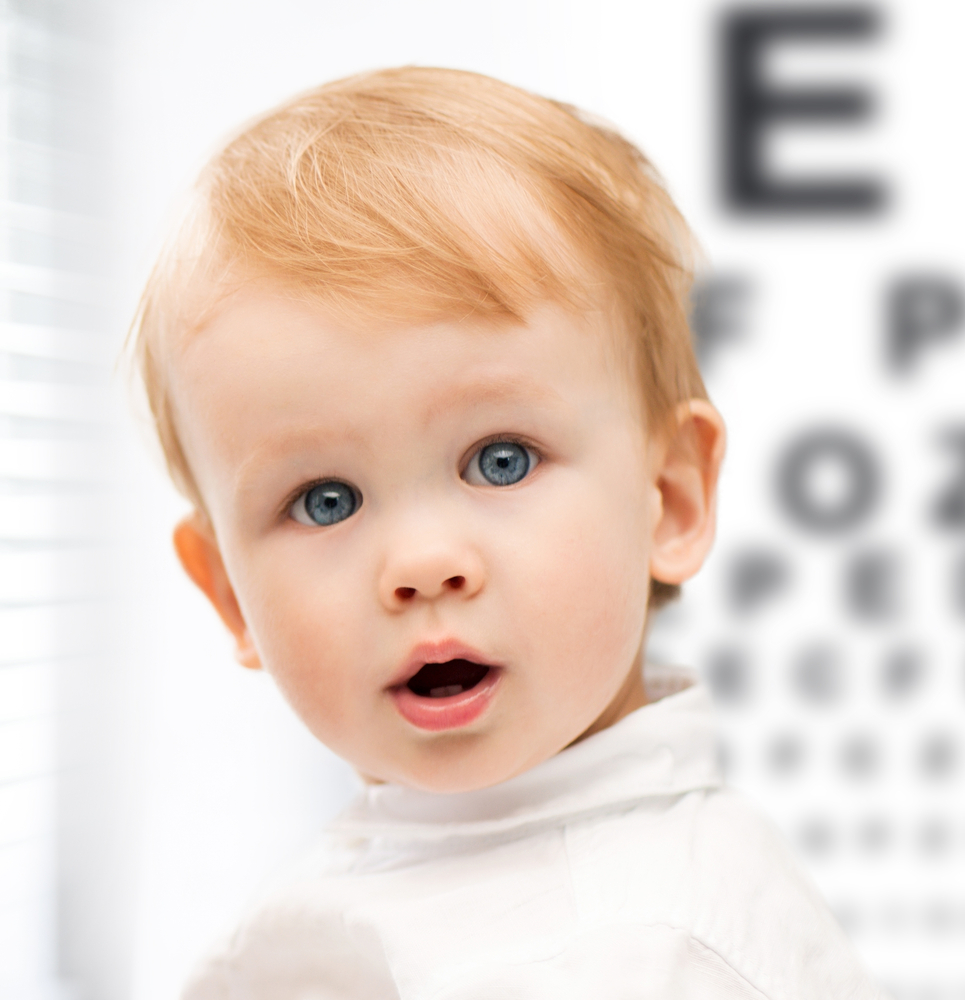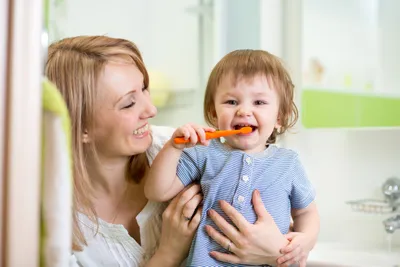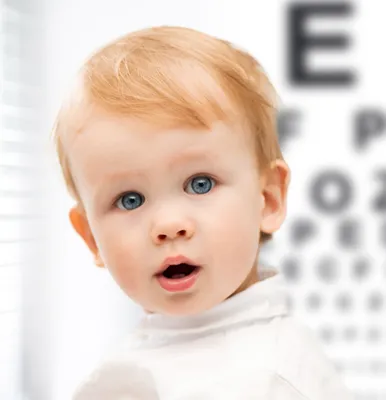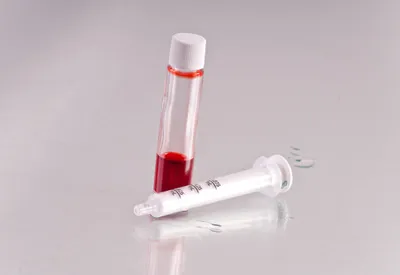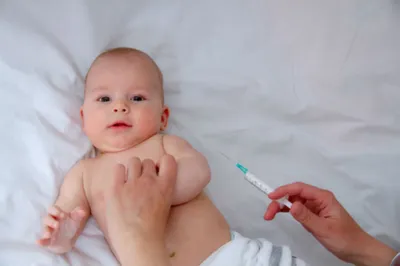As an adult, your doctor or dentist has probably told you that you need to get certain checkups regularly to maintain optimal health. These exams include physicals from time to time, including a prostate exam for men by the age of 40, and a pap test for women starting at age 21.
Well, your toddler may appear to be at the pinnacle of health, but there are routine exams that apply even when junior is still in pull-ups. These six early medical inspections are designed to ensure your child is developing properly and not at risk of disease, as well as catch any early problems before they grow to adult-sized proportions…
1. First Dental Visit
Teeth are a big deal for kids and literally change what they can eat. While your child probably won’t be undergoing a fluoride treatment during their first time in the dentist’s chair, a dental professional can still assess whether teeth are growing in as they’re supposed to.
The Canadian Dental Association says an infant’s mouth can be inspected by 1-year of age, or within 6-months or getting his or her first tooth. Not only can this early visit get your child accustomed to being comfortable with an oral exam, it also gives the dentist a chance to tell you if your toddler brushing skills are up to par.
2. First Eye Exam
It’s hard to tell how well your infant can see in some cases, beyond them being able to follow your finger with their eyes. AllAboutVision.com notes that the official recommendation is for your child to have his or her first comprehensive eye exam by 6-months old.
This particular eye exam will measure the sharpness of their vision and ocular motility (how well the eye can move). It’s recommended that your child have a comprehensive exam at least once more before they enter a learning environment, “because 5 to 10-percent of preschoolers and 25 percent of school-aged children have vision problems.”
3. First Hearing Test
Babies learn a lot through hearing, so it’s especially important they are screened at a young age. How young? Well, BabyCenter.com says it should be performed even before your infant leaves the hospital following birth.
The site notes that many hospitals already perform some hearing acuity tests as part of normal newborn screening, but you should still ensure it was done within their first month. The source notes that 2 to 3-babies per 1,000 are born with some hearing loss, “making it the most common birth defect.”
4. Early Blood Screening
Our blood says a lot about our health, and it’s no different for infants and toddlers. HealthyChildren.org says pediatricians in general don’t do annual blood tests for children, but some perform a blood test at 9-months and 2-years of age to screen for anemia (low blood count that can cause fatigue or even delay growth in extreme cases).
The source notes that if your child is otherwise healthy and has a “reasonable” diet, the risk of developing anemia in their early years is very low. Doctors may perform blood tests for other problems such as high cholesterol and liver problems early on if there are cases of disease in your family history or if there are other underlying problems.
5. First Immunizations
The Centers for Disease Control and Prevention (CDC) presents a recommended immunization schedule for new parents to follow. These vaccines are recommended from birth age when your child is “most vulnerable”, notes the CDC.
The CDC recommends getting a Hepatitis B vaccination at birth, a disease that can be spread by contact with blood or bodily fluids and lead to liver failure. At 2-months, the centers suggest vaccines against rotavirus, whooping cough (pertussis), pneumonia and others. At 6-months is when they can get their first annual flu (influenza) shots.
6. Early Developmental Checkups
The early years of your child’s life are crucial to ensure they’re on the right track to developing properly, both mentally and physically. The Centers for Disease Control (CDC) says developmental screening (usually a short test) allows medical professionals to keep track of their progress and identify any red flags.
The CDC notes that your child can be screened for development delays during “well-child” visits to a doctor by as early as 9-months of age. Next screenings would be scheduled for 18-months and 24 or 30-months, adds the source (the timeline could change if the child was born prematurely or has other risk factors).
